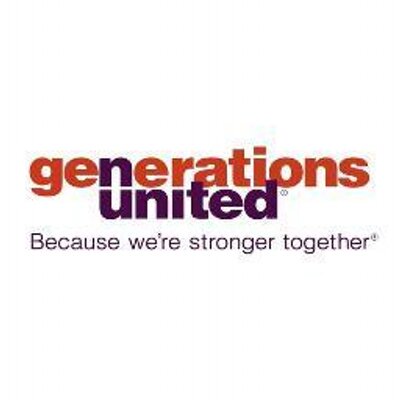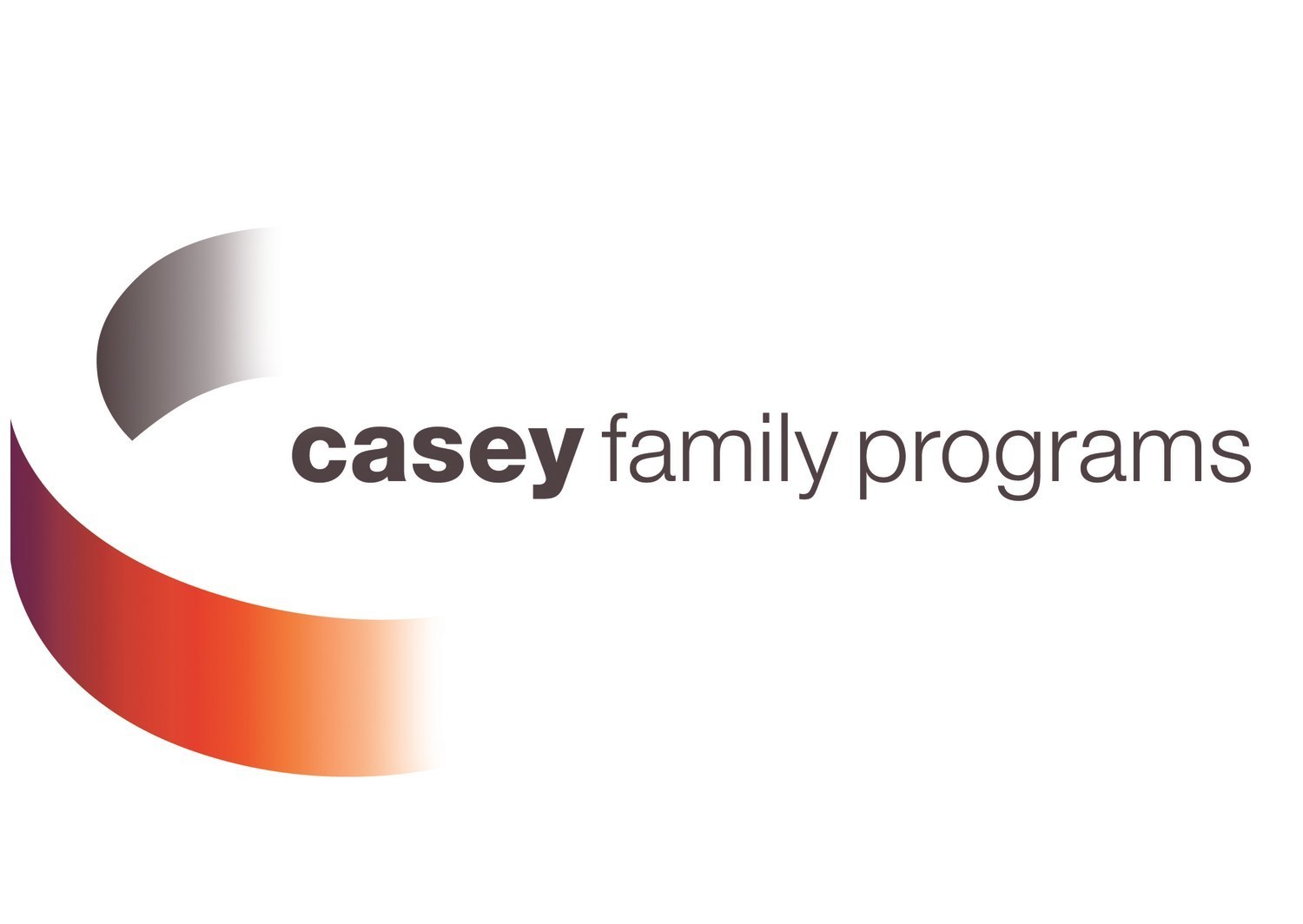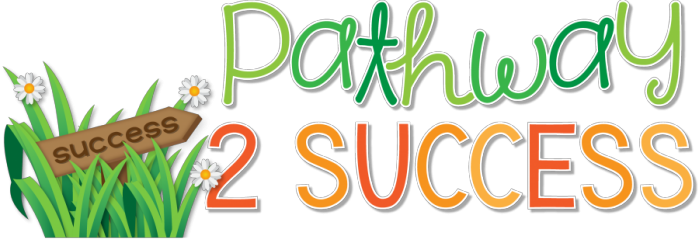Executive functioning skills are the building blocks to success. These are the skills that help us plan, organize, prioritize, start tasks, manage our time, and work through challenges. Without a doubt, these are skills we all use every day, and … Read More
Author Archives: Jamar Little

Leadership Self-Assessment
CWLA partner NCWWI has developed an online leadership self-assessment to help child welfare workers discover their strengths & areas for growth. Topics include: leadership fundamentals, leading change, leading in context, leading for results, and leading people. NCWWI LEADERSHIP TOOLKIT TAKE … Read More

Parent Leaders and Their Impact on Children and Families
By Amanda Klessig, CWLA Practice Excellence Intern Upon first hearing the term “parent leader” I was puzzled regarding its actual meaning. Who is a parent leader, and what are the qualifications to become one? What do these individuals do? Are … Read More

Adoption and Guardianship for Children in Kinship Foster Care
The laws dictating how adoption and guardianship are granted, by which court, and what those options entail are developed at the state and tribal levels, so the intricacies for obtaining these legal relationships differ. The Brief The brief provides general … Read More

Intergenerational Evaluation Toolkit
The Intergenerational Evaluation Toolkit represents over 15 years of collaborative research by Dr. Jarrott and is a companion piece to two reports from Generations United and The Eisner Foundation on intergenerational shared sites. The Toolkit offers three resources designed to … Read More

Together at the Table: Supporting the Nutrition, Health, and Well-Being of Grandfamilies
There are more than 2.5 million children in the U.S. growing up in “grandfamilies,” meaning they are being raised by relatives (grandparents, aunts, uncles, siblings, etc.) or close family friends without their parents in the home. Research shows grandfamilies are … Read More

Protecting the Rights and Providing Appropriate Services to LGBTQIA2S+ Youth in Out-of-Home Care
Research indicates that youth who identify as LGBTQIA2S+ (lesbian, gay, bisexual, transgender, questioning, intersex, asexual, Two-Spirit, or other gender or sexual identity) have more negative experiences and outcomes when they enter out of home care than non-LGBTQIA2S+ youth. Studies have … Read More

Adoption Triad: Tribal Customary Adoption
Tribal Customary Adoption Tribal customary adoption is a cultural practice within Indigenous communities that aims to ensure a child is taken care of when there is a parental death or inability to provide care. This practice offers children stability and … Read More

Thriving Families Safer Children Supportive Communities
Today in America, some 377,000 children are living in foster care, each child removed from their home, family and the network of caregivers, educators and other caring adults in their lives. This staggering number is also a measure of how we as a nation are faring in our responsibility to ensure that every child in every community has the opportunity to grow up in their own family connected to the people, places and cultures that will help them thrive. This report shares examples of how communities are actively partnering with families to build the foundation of a better approach, how they are using new tools and approaches to better address the needs of families and children, and how they are investing effectively to ensure thriving families, safer children and supportive communities. Engaging effectively with lived experiences. The growing movement of Thriving Families, Safer Children Broadening our lens from a focus solely on child protection to one of child and family well-being will require more than just improving our current approach to investigating and addressing maltreatment. It will require designing and building a new approach, one that draws on the commitment and talents of people across all five sectors of society: government, business, philanthropic, nonprofit and faithbased, and, critically, the families and children themselves. The voices of those children and families, especially those whose lives have been shaped by their involvement with the child welfare system, have too often been left out of the discussions about how communities can improve, and ultimately transform, their approach to child and family well-being. That is beginning to change. More and more, the voices of young adults who experienced foster care and the parents and families who overcame challenges and obstacles to stay connected to and raise their children are not only being heard in the discussion, they are being valued. They are moving into leadership positions to help other children and families draw on resilience, hope and support to heal and move forward toward a better future. Read More

The Supreme Court leaves Indian Child Welfare Act intact
In a major victory for Native American rights, the U.S. Supreme Court on Thursday upheld key provisions of the Indian Child Welfare Act, a law enacted 45 years ago to remedy decades of past government abuse. By a 7-2 vote, … Read More

